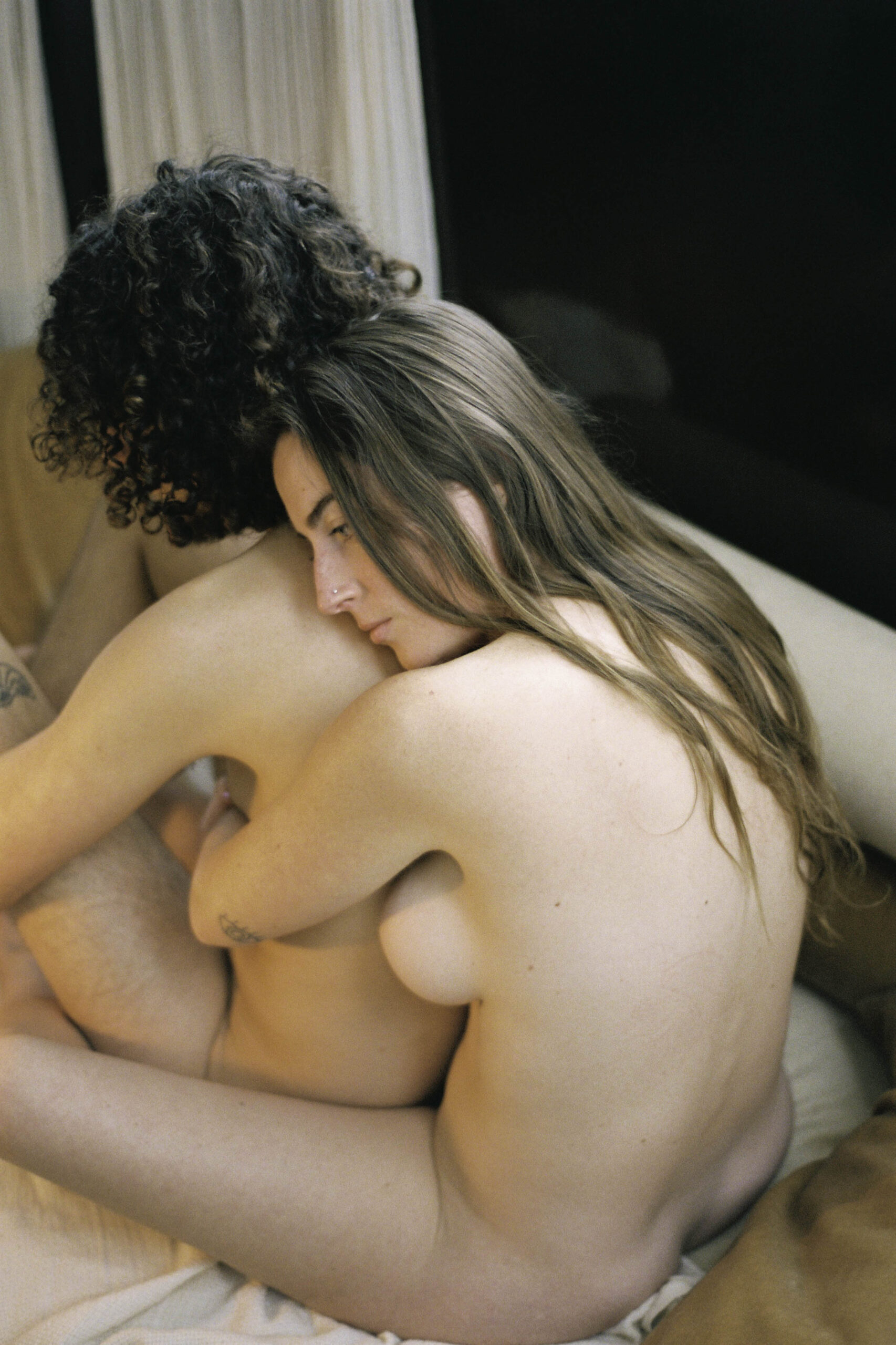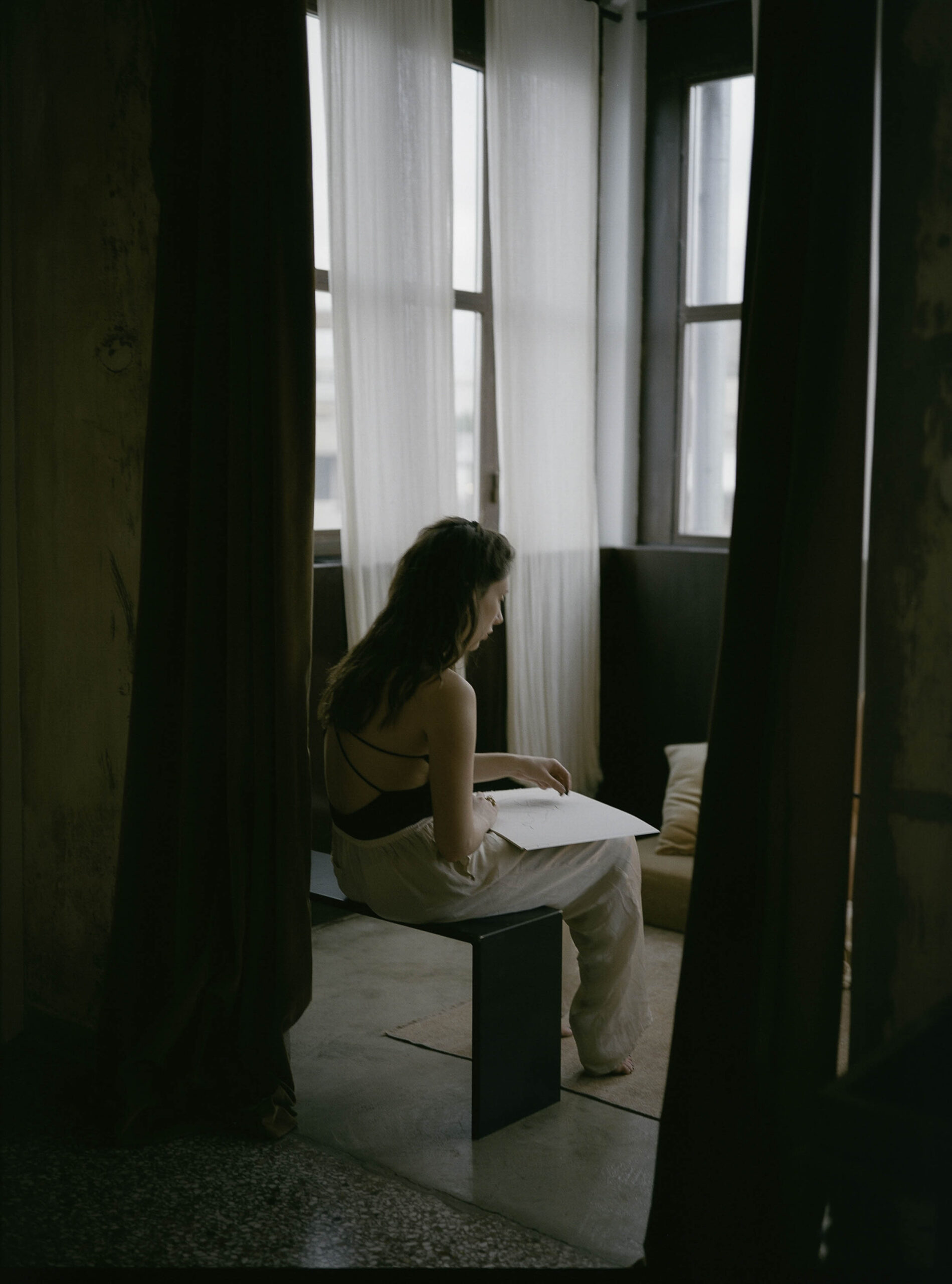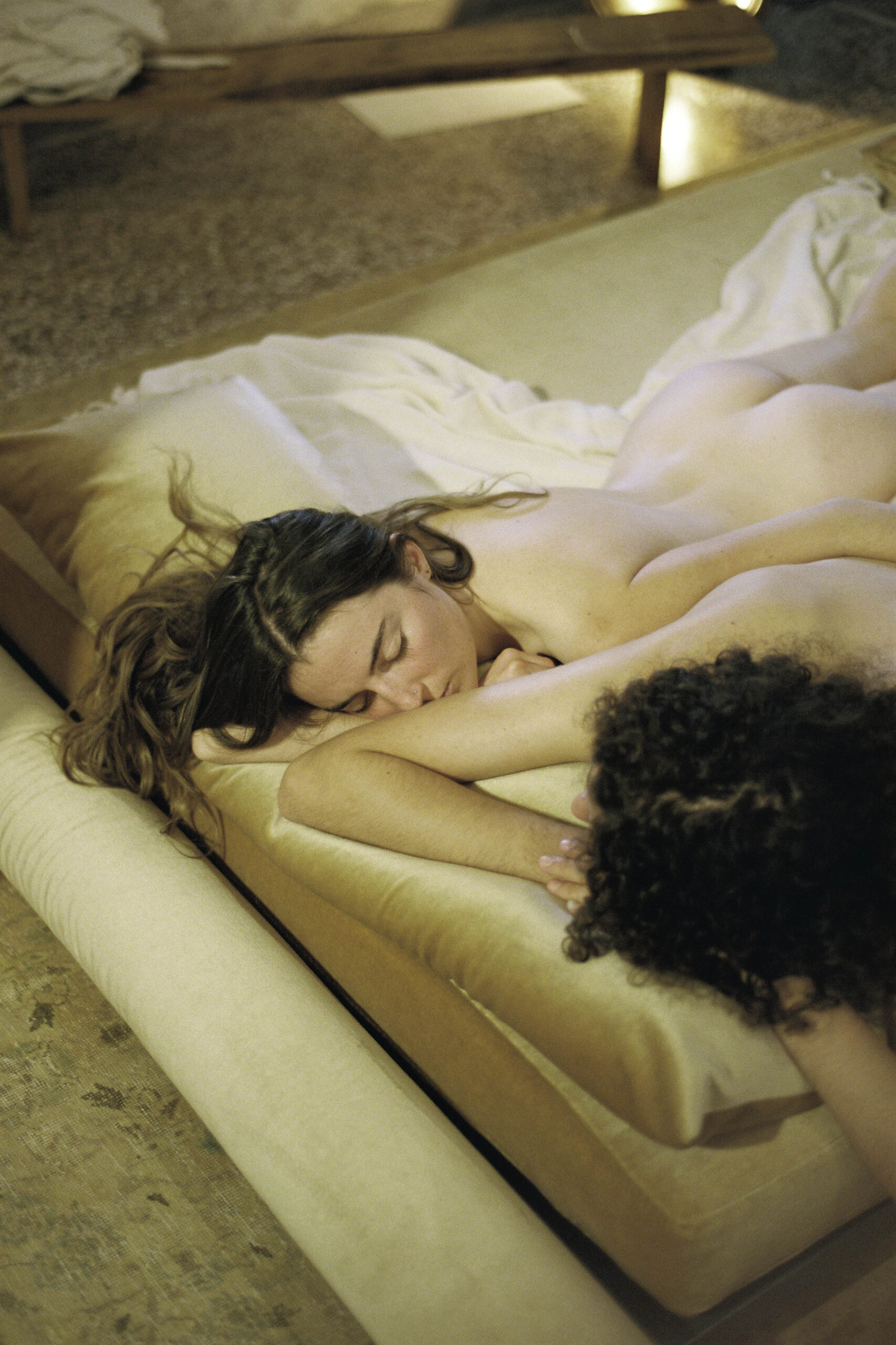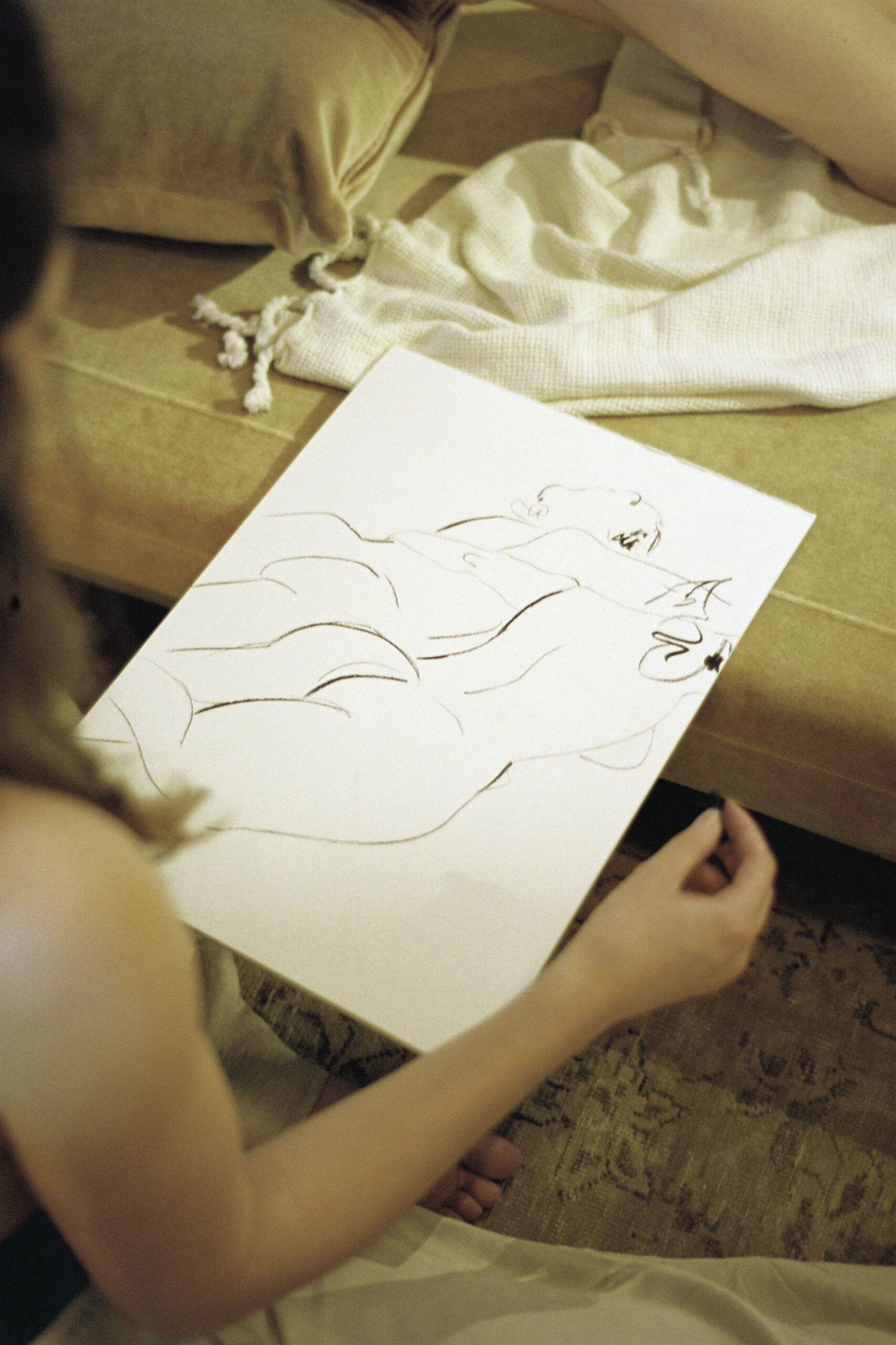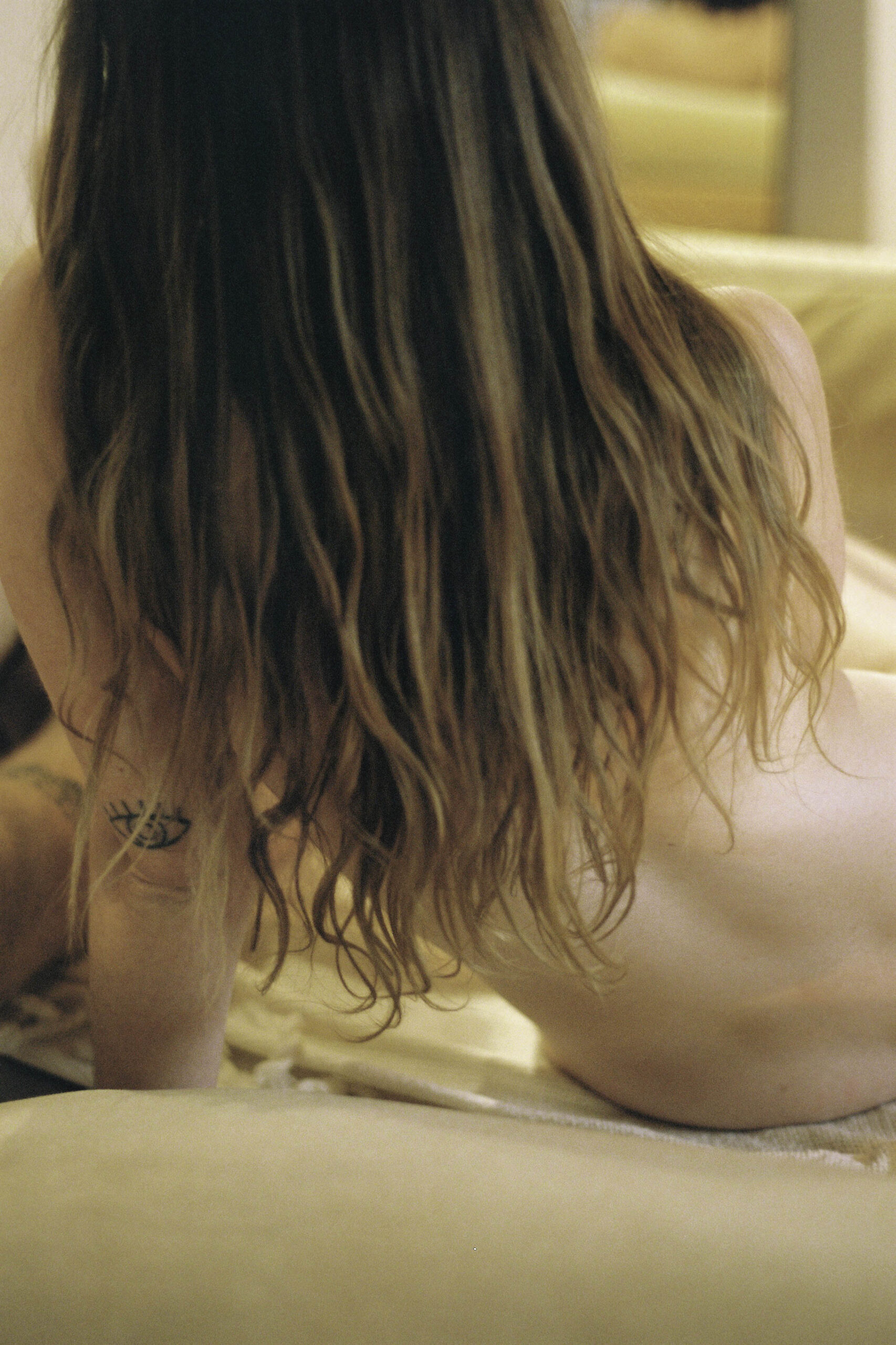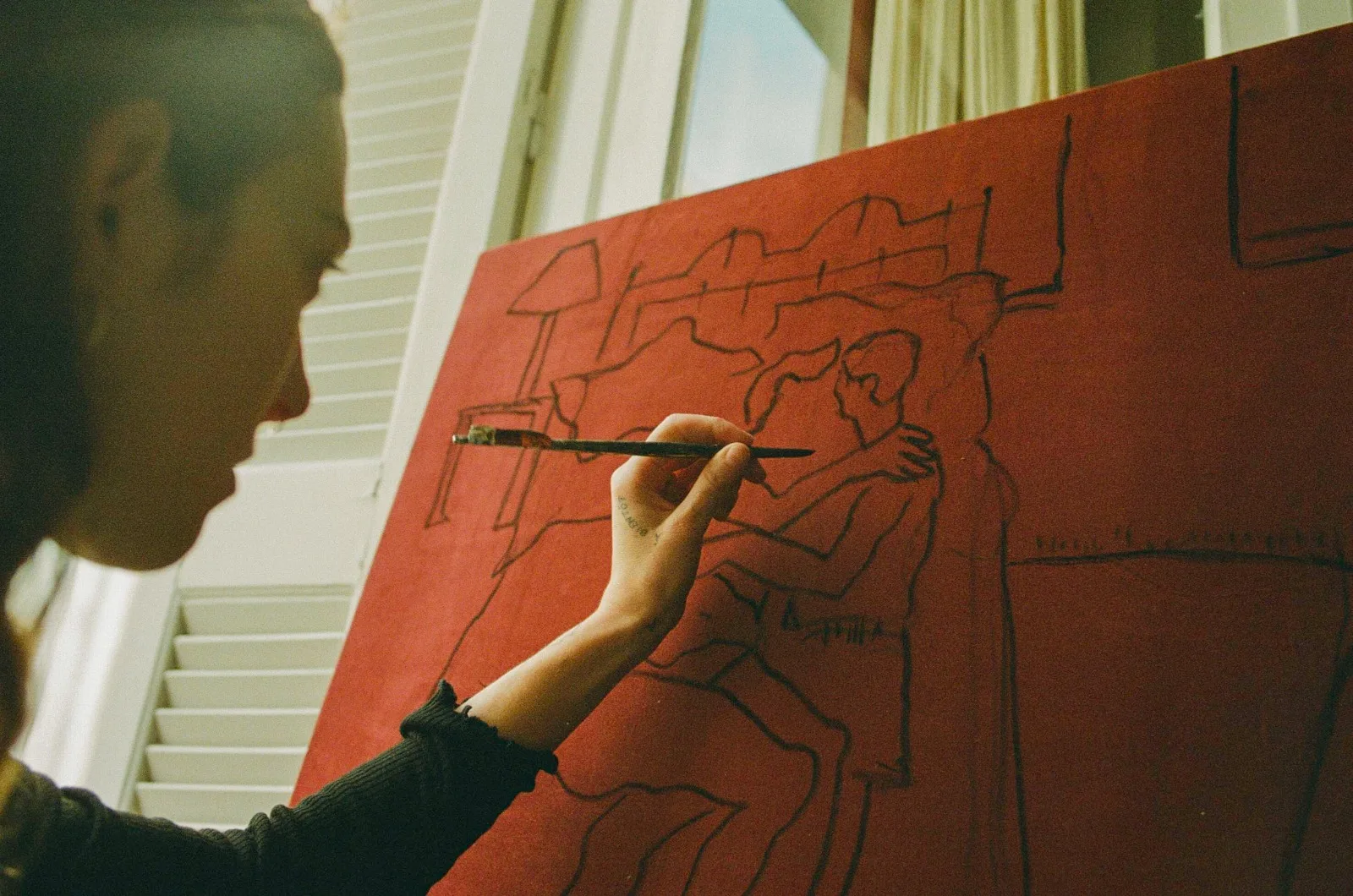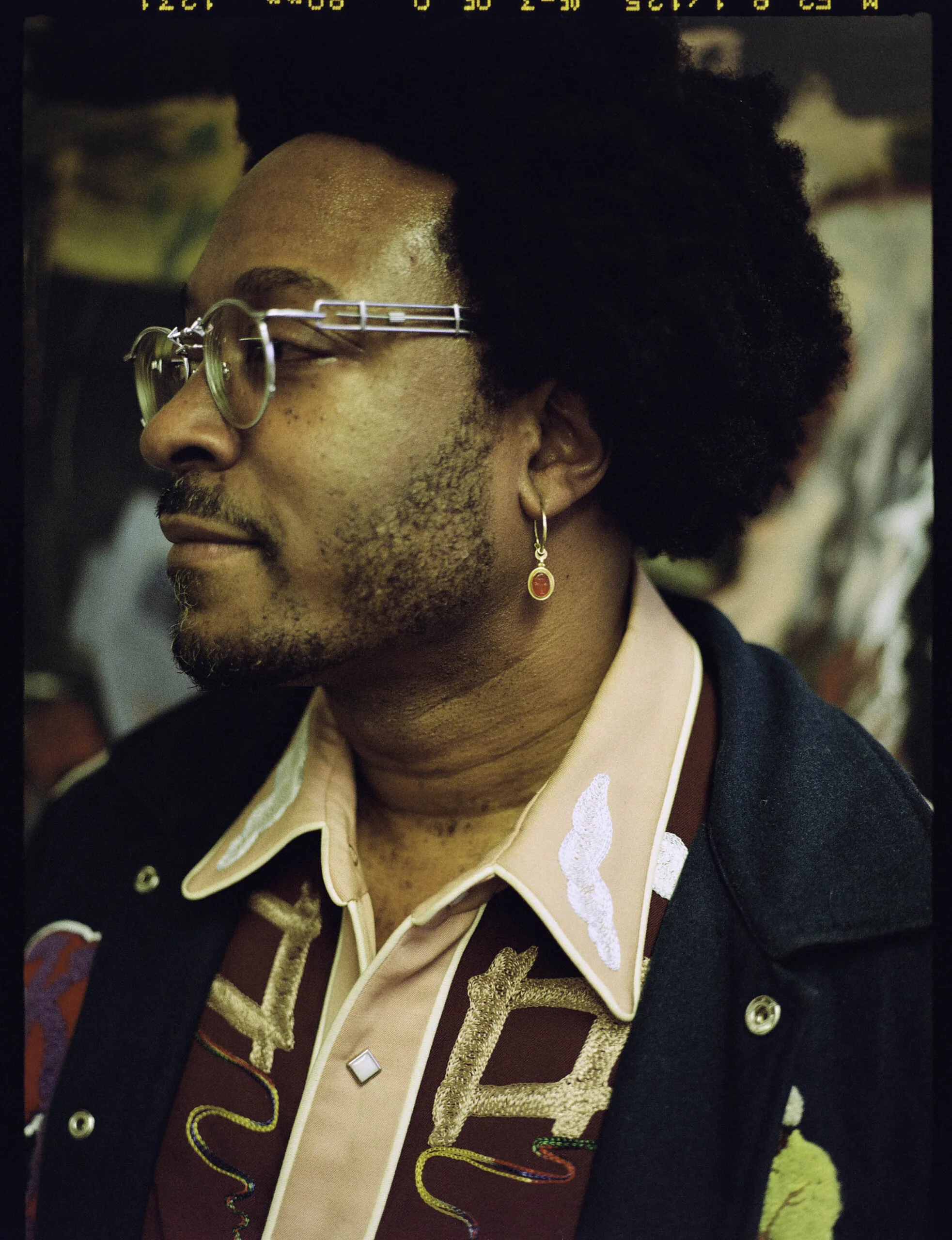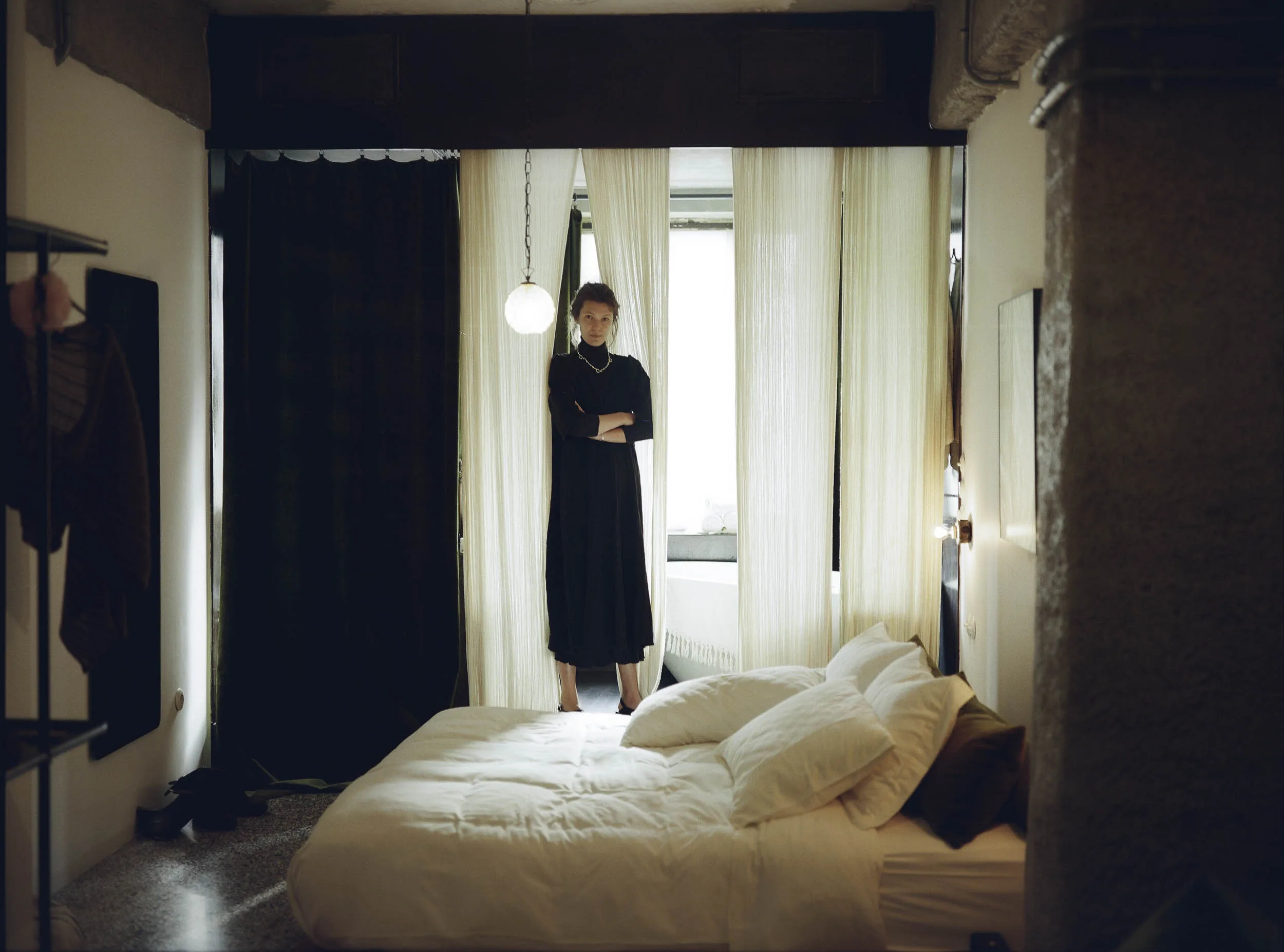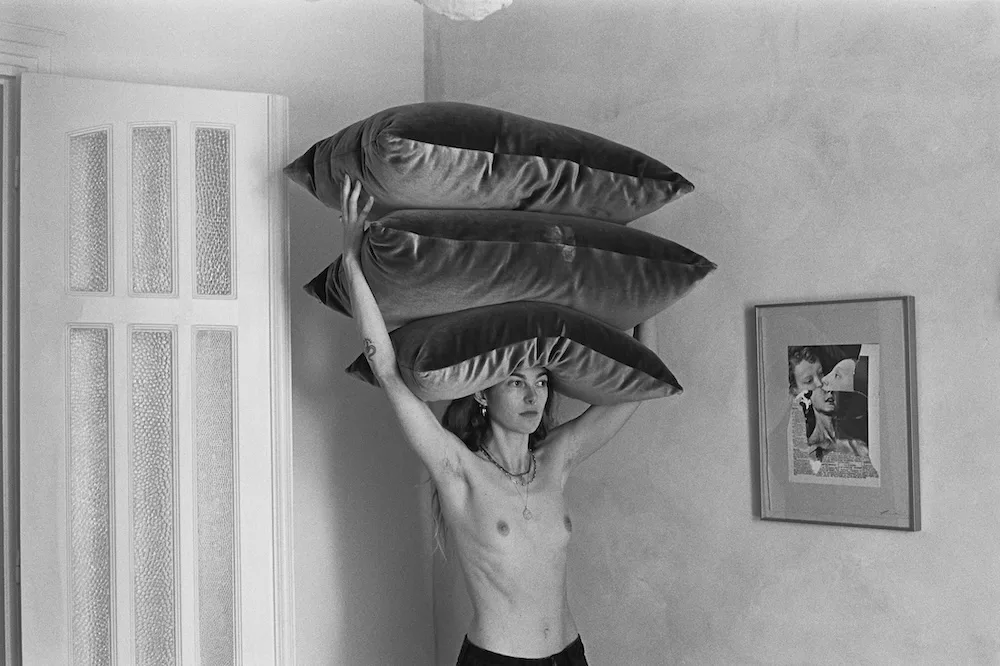air
Alexandria Coe
"We were born naked, it just takes a while to socially undress all the shame around it".
Based between London and Athens, artist and illustrator Alexandria Coe has become known for simplified drawings which often depict the female form and particularly the female nude.
Expressing both vulnerability and strength in equal measure, her work explores issues of gender and relationships to the body.
HOS: You recently stayed at Mona as part of our artist residency program. What was the experience like?
AC: It’s an amazing chance to retreat from the world. A good hotel is like living in a small, romantic fantasy – the perfect place to get lost in your head and create.
HOS: What was your first memory of when you decided to become an artist?
AC: My parents met at art school, so we always had tools and paints around the house which I could use. So from a young age, I was drawing and painting and continued throughout my childhood. I think people always just expected me to do something within art – it was like there was no other option. I am sure they would have been quite disappointed if I had become an accountant.
HOS: At work you often sit across people who are nude, which requires establishing connection and trust. Can you tell us about your creative process?
AC: There is a brief moment of awkwardness from both parties. It’s the undressing bit, which I suppose often has a suggestive association; though once you’re nude I think it goes away. It’s much more raw and human. I mostly ask someone to just sit how they would at home to relax them. We talk and the conversation jumps everywhere – mostly quite banal topics that normalise the whole experience. We were born naked, it just takes a while to socially undress all the shame around it.
“Failing in love offers us so much opportunity to learn about ourselves, albeit the hard way”.
